
The genetic risk of developing an eating disorder could be identified from birth, thanks to a major study led by Queensland researchers.
The genetic risk of developing an eating disorder could be identified from birth thanks to a major study led by Queensland researchers.
Triple Olympian Lisa Curry is leading the appeal for volunteers to take part, five years on from the loss of her daughter Jaimi.
"It feels like your heart's been ripped out," Curry said.
READ MORE: Majority of Australians considering second job to make ends meet, research shows

"She just sort of took a breath and then her hands went cold, that was it," Curry said.
Jaimi Kenny died at the age of 33 after battling eating disorders for 18 years.
The struggle was made more difficult by a lack of answers.
"She'd say, 'Where did it come from? Why am I like this?'" Curry said.
Curry wants to help find those answers, leading the call for more than 4000 Australian volunteers or up to 100,000 worldwide to take part in a landmark genetic study.
READ MORE: Queensland police officers filmed losing cool at driver

"I have to be able to use [my voice] for the good," she said.
Clinical nutritionist Lexi Crouch is among those signing up after her own 15-year battle with anorexia which led to more than 25 hospitalisations.
"I felt very strange and I didn't feel seen at all," Crouch said.
Saliva samples will be brought to a DNA facility at the Queensland Institute of Medical Research (QIMR) Berghofer, where the samples are put into machines to identify genetic markers.
Hundreds of genes are expected to be pinpointed, up from the eight currently known.
QIMR Berghofer researcher Professor Nick Martin said there is a large genetic component to eating disorders.
"It's not your fault, it's just the luck of the draw," Martin said.
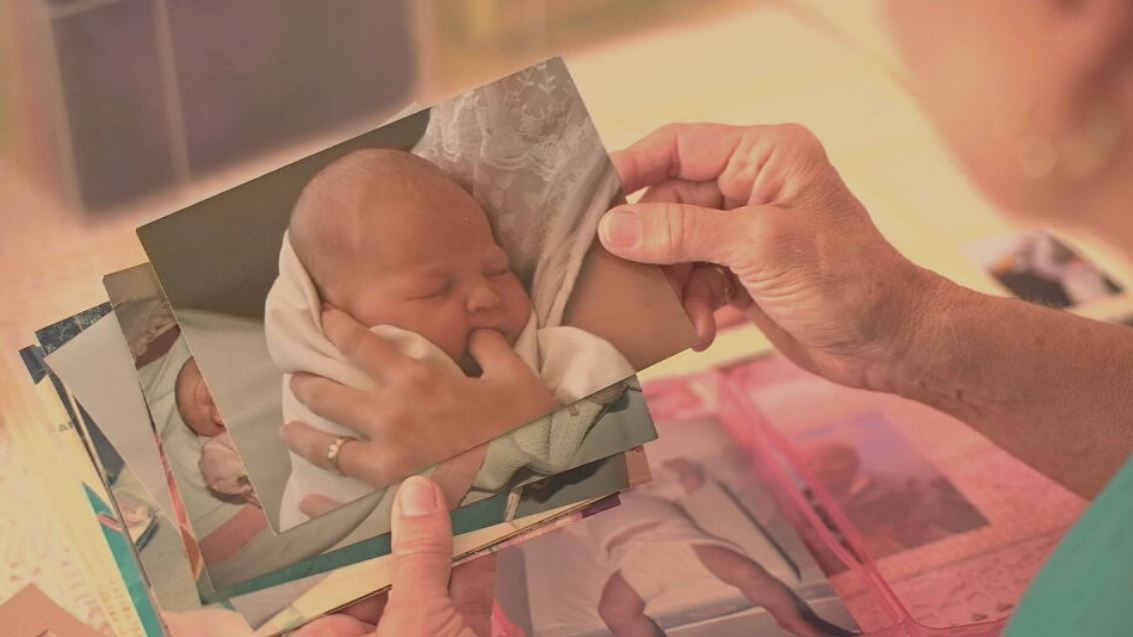
"By finding all these genes we can actually develop what's called a polygenic risk score , so we can actually tell people from the time of birth or even before."
It is also hoped the study will improve treatment options.
Visit the study's website to check your eligibility or find out more information.
Participants from all cultural backgrounds are needed and the samples can be sent in by post.
Support is available from the Butterfly National Helpline on 1800 33 4673.
DOWNLOAD THE 9NEWS APP: Stay across all the latest in breaking news, sport, politics and the weather via our news app and get notifications sent straight to your smartphone. Available on the Apple App Store and Google Play.
 'Double-edged sword': What interest rate cut may mean for house prices
'Double-edged sword': What interest rate cut may mean for house prices
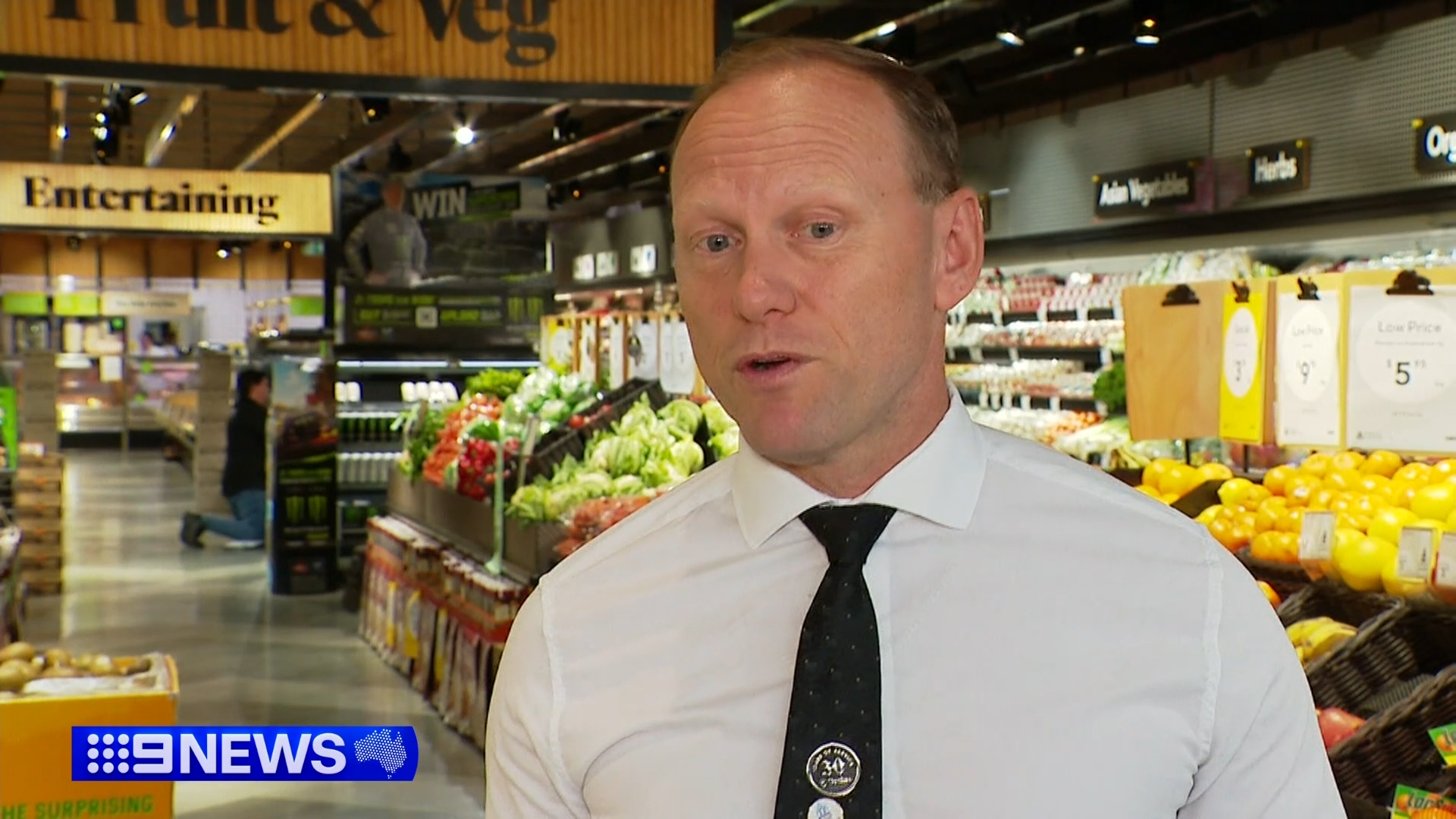 Supermarket boss launches explosive defence of staff member targeted by racial abuse
Supermarket boss launches explosive defence of staff member targeted by racial abuse
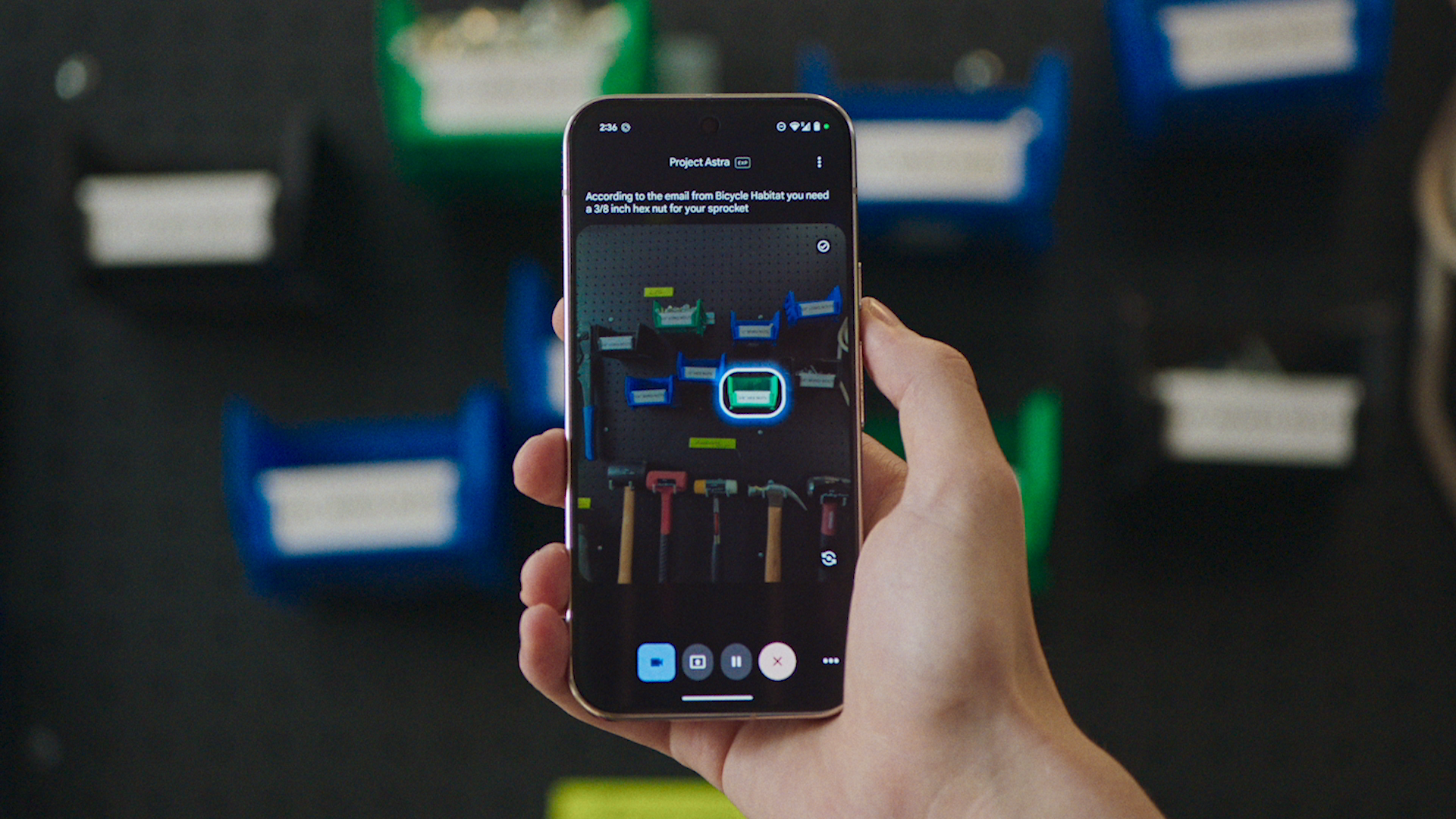 Google unveils new AI search, personal assistant and automated shopping experiences
Google unveils new AI search, personal assistant and automated shopping experiences
 'Horrified' UK suspends free trade talks with Israel over Gaza
'Horrified' UK suspends free trade talks with Israel over Gaza
 Rate cut to put hundreds back in the pockets of borrowers as RBA delivers relief
Rate cut to put hundreds back in the pockets of borrowers as RBA delivers relief
 Big four banks to pass on interest rate cut to homeowners
Big four banks to pass on interest rate cut to homeowners
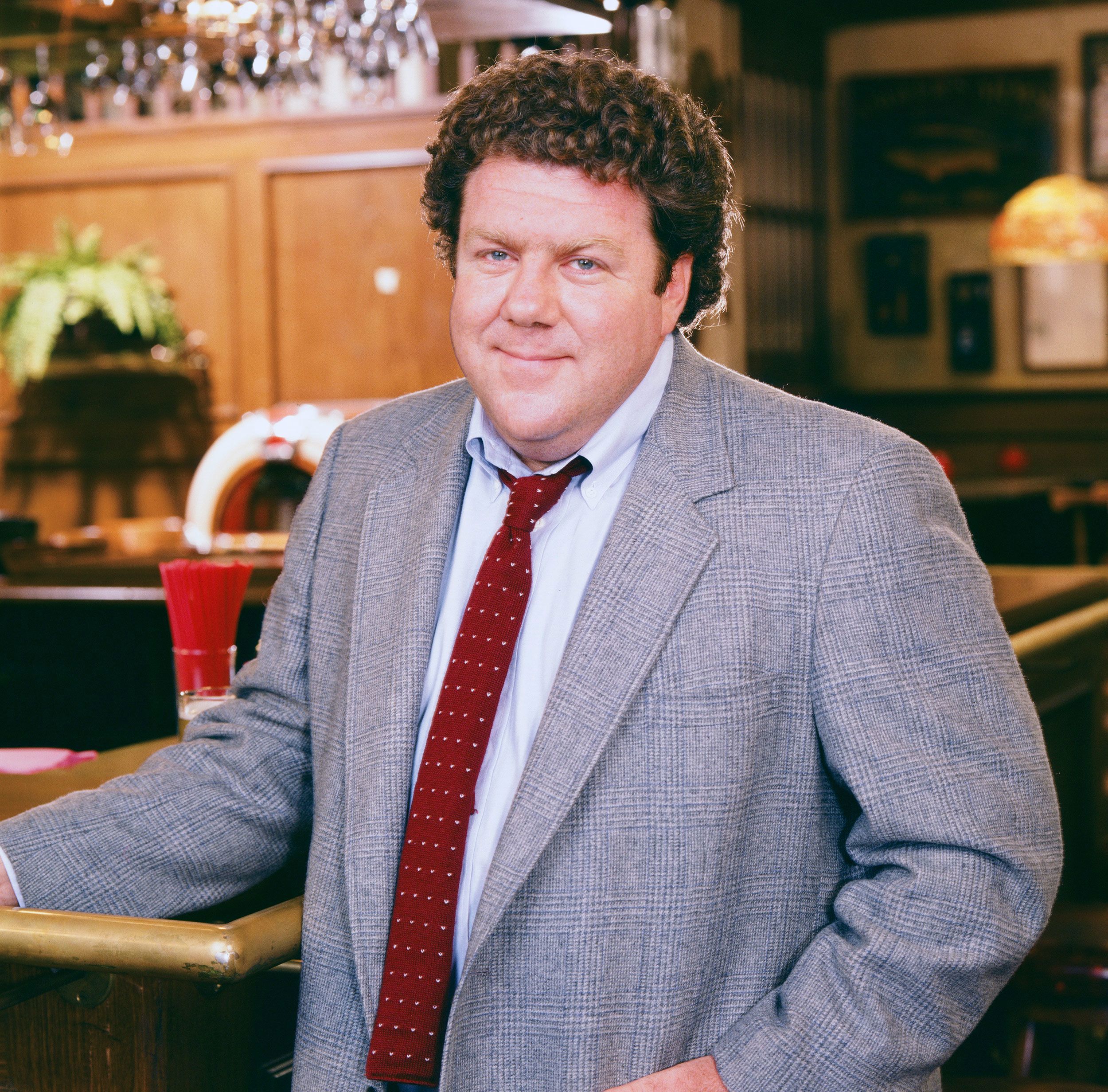 George Wendt, actor who played Norm on 'Cheers,' dead at 76
George Wendt, actor who played Norm on 'Cheers,' dead at 76
 'Stupid move': Howard slams decision to blow up Coalition partnership
'Stupid move': Howard slams decision to blow up Coalition partnership
 Ute driver captured on camera causing crash before driving into second car
Ute driver captured on camera causing crash before driving into second car
 Queensland police officers filmed losing cool at driver
Queensland police officers filmed losing cool at driver
 Qantas' apology for illegal sackings slammed as 'hollow'
Qantas' apology for illegal sackings slammed as 'hollow'
 'Profound sadness:' Cruise ship captain dies on board after medical emergency
'Profound sadness:' Cruise ship captain dies on board after medical emergency
 Aussie billionaire to give away half of fortune
Aussie billionaire to give away half of fortune
 These surreal trees survived for centuries. Scientists worry for their future
These surreal trees survived for centuries. Scientists worry for their future
 This 2000-piece woodpile hid one of the world's deadliest snakes
This 2000-piece woodpile hid one of the world's deadliest snakes
 Police intercept car overflowing with suspected stolen copper
Police intercept car overflowing with suspected stolen copper
 How the drought crisis will affect your weekly shop
How the drought crisis will affect your weekly shop
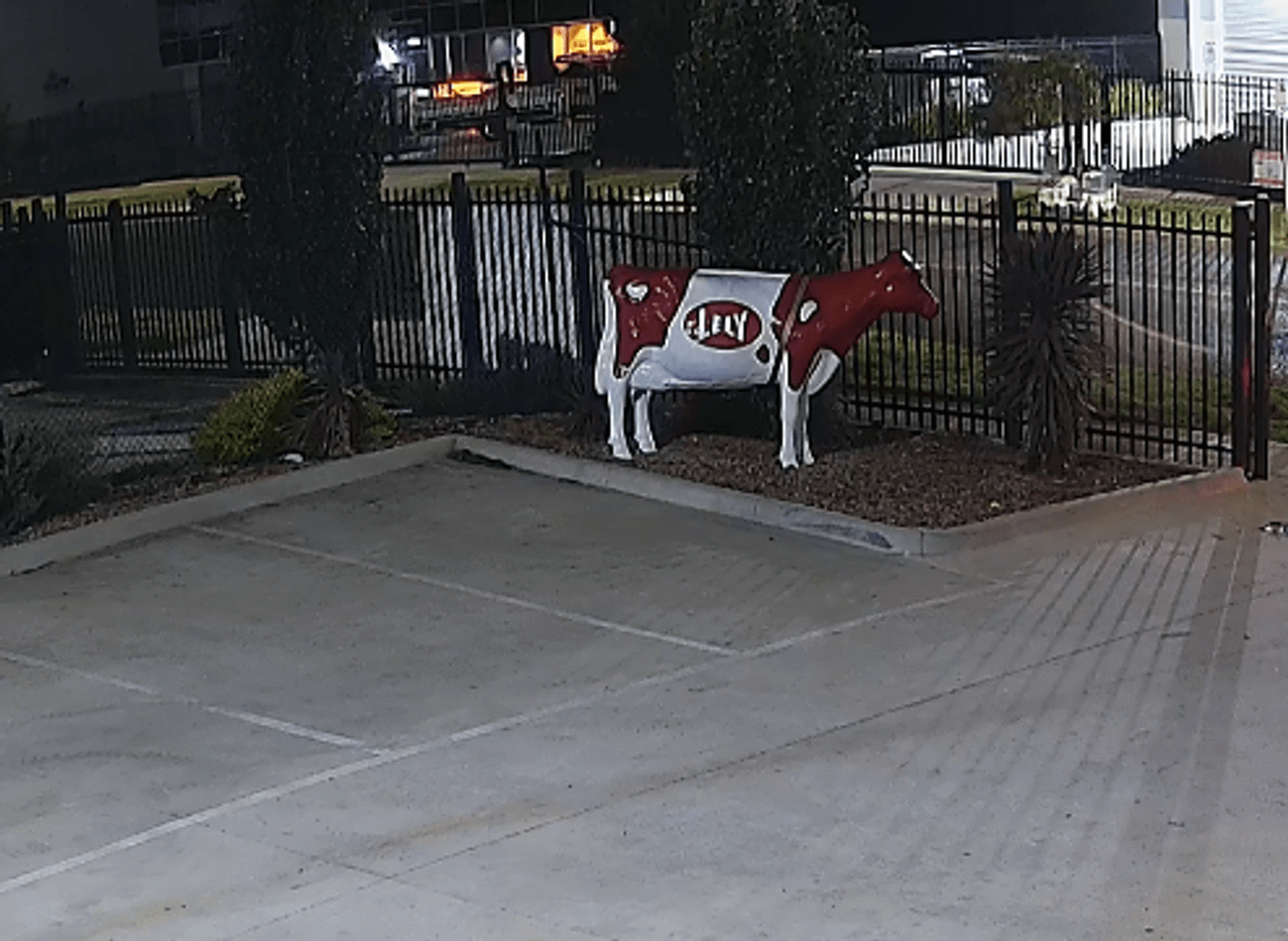 Rustlers steal $3500 fibreglass cow in Melbourne
Rustlers steal $3500 fibreglass cow in Melbourne






